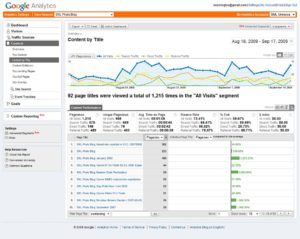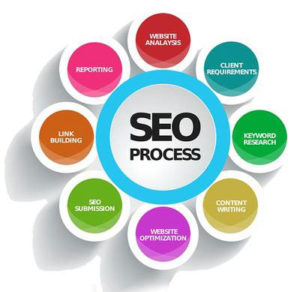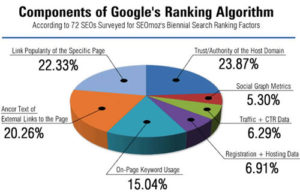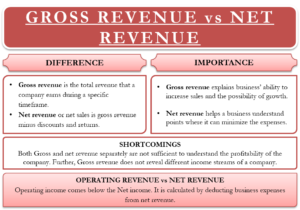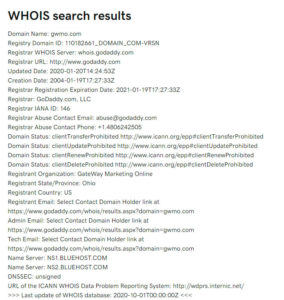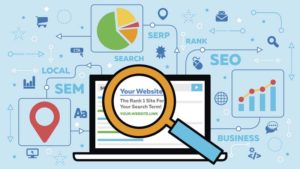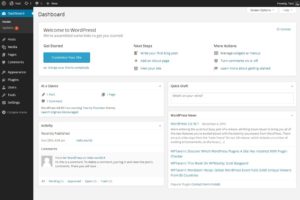 After you confirm there will be enough traffic to justify the price, here are certain questions you must first ask before making the final purchasing decision. Read on to discover the fundamental questions, along with a description of why you should ask these questions.
After you confirm there will be enough traffic to justify the price, here are certain questions you must first ask before making the final purchasing decision. Read on to discover the fundamental questions, along with a description of why you should ask these questions.
What Are Similar Websites Selling for on the Internet?
There are always other sites for sale on the net that fall into a similar category as the one in question. Looking at other virtual properties for sale will give you a general idea of the going price for a website in your niche. This can be helpful in determining if the price is too outrageous – considering the market for which they gear it. If it seems to be far lower than other, similar, websites, then this may be a red flag as well – since there is usually a reason for a drastic difference in selling price.
Is This Site up for Sale in Other Places on the Net?
Sellers list houses for sale and then advertise in many areas. However, the price listed below the house, no matter where they post it, is often the same price. This isn’t so with items on the Internet. The Internet is an enormous place and still relatively unregulated. A website may be up for sale in one area for a certain price and for a different price in an alternate location. This could be because the seller wants to see which price receives the most attention, or a broker may sell the site for the owner and factor in their commission. One way to check for various prices across the web is to Google the website domain.
Place the URL between quotation marks and then add the words ‘for sale’ after this. Entering this into the search engine should provide you with all, or at least most, of the seller’s listings. This is the quickest way to find out what the going rates are for this piece of virtual real estate.
 Is There a Way to Get a Deal for This Website?
Is There a Way to Get a Deal for This Website?
Checking on expired listings is one way to find a website that is cheap. You can also find an auction that hasn’t expired yet and look for the ‘buy it now’ price. Sometimes if you offer to pay cash for a website, you can get it for a lower than listed price in the ‘buy it now’ section of the ad. You could also contact the owner of the site and offer cash for lower than the buy it now, probably the starting bid, and sometimes you can get a better deal this way too. There are some website owners who are looking to unload some of their sites and will gladly take a lower price than what they are asking–since it is often easier for them to sell for less than they wanted rather than maintain the site.
What Exactly Is Being Paid For?
Some sellers try to list the site for more than it’s worth. There could be several reasons for this:
- The domain name could be over ten years old
- The ads on the site may bring in a lot of revenue
- The ads could direct a lot of traffic to this site
It’s good to develop a list and try to make note of the pros and cons, just to see if this site is worth the asking price.
You should seriously consider the expected benefits from the purchase of this site. There should be some reason behind the seller trying to get a lot of money from a site that doesn’t seem like it should cost that much. Try to find out why they listed the site for 20 times the amount of its monthly revenue. Once you know why the asking price is the amount listed, then you can decide if it is worth spending this amount or not.
Only if the price is right should you proceed with the terms of the transaction.
*Originally published on WorldStart June 11, 2010


